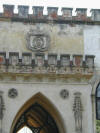Princess Pauline Metternich -
 Countess Sandor de Szlavnicza, (* 25 February 1836, Vienna - † 28 September 1921, Vienna). Perhaps the most important Viennese and Parisian aristocrat of the time. She became famous for her intelligence, musical talent, charm, elegance. For example, she was a patron and promoter of works by composers Richard Wagner and Bedřich Smetana abroad.
Countess Sandor de Szlavnicza, (* 25 February 1836, Vienna - † 28 September 1921, Vienna). Perhaps the most important Viennese and Parisian aristocrat of the time. She became famous for her intelligence, musical talent, charm, elegance. For example, she was a patron and promoter of works by composers Richard Wagner and Bedřich Smetana abroad. 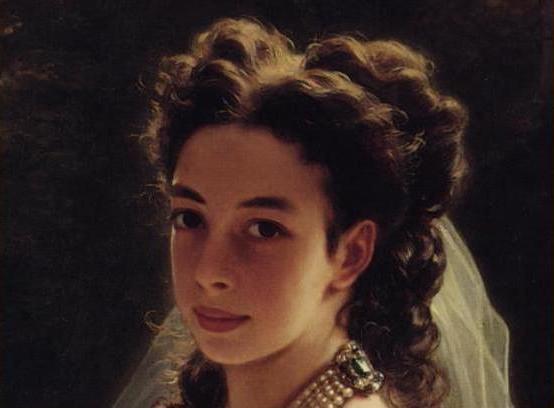

Kynžvart Castle, the summer residence of the famous Austrian chancellor Clemens Wenzel Lothar Metternich, where Princess Pauline often stayed as a child.

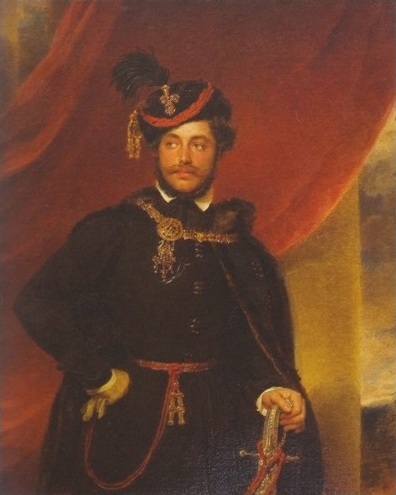
Daring Móricz Count Sandor de Szlavnicza * Buda 23.05.1805 † Wien 23.02.1878, still known as the best rider on the continent was the father of Pauline, Princess Metternich von Winneburg Countess Sandor von Szlavnicza.
Throughout her life, Princess Pauline realized that through her father and the Trenčín branch of his family, specifically Paolus III. Sandor de Szlavnicza is a relative of Gyorgy Radvanszky de Radvány et Sajókaza, a land and county dignitary with the cruelest fate in Hungary, whose direct descendant is her relative Stephanus Sandor de Szlavnicza, a Trenčín county judge.
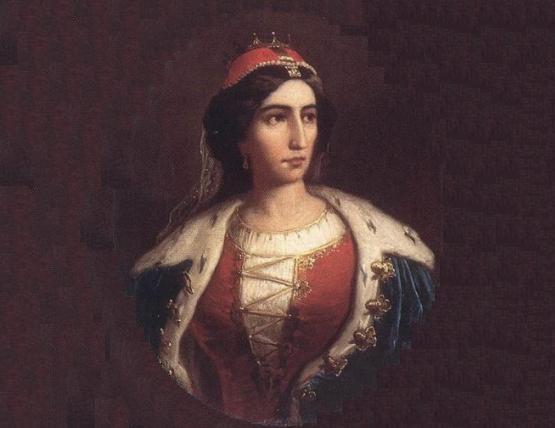
Helena Zrinski (Ilona Zrínyi) *1643 Ozalj, Croatia †1703 Nicomedia, Turkey. In 1666 married Ferenc II Rákóczi. Had children with him: Geyorgy (died as a child), Juliana and known Ferenc II. Rákoczi. After her husband\'s death followed the report of Rákoczi property Regec, Makovica and Mukachevo. In 1682 married leader Habsburg uprising Imre Thököly. Actively involved in the uprising and insurgent bastion of defense of the castle poppy in Zborov. Famous for the defense of the castle Mukachevo, before the imperial army defended it three years. After the betrayal of the Secretary to the superiority of the imperial army was October 14, 1688 the castle was conquered and razed. She was interned in Uršulín monastery in Vienna. After three years it Imre Thököly in exchange for captured General Donat Heisler. She lived 12 years with her husband in the Turkish exile until his death. Her remains were moved in 1906 to Kosice. Buried is the son of Ferenc II. Rákoczi in the crypt of the Cathedral of St. Elizabeth.
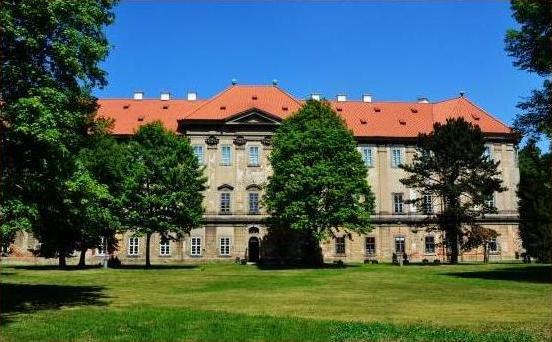
Plasy Castle (former monastery) of the Metternich family near Pilsen, where Princess Pauline Metternich-Sandor often stayed. As a child, Princess Pauline Metternich-Sandor witnessed the 1848 revolution in Vienna.
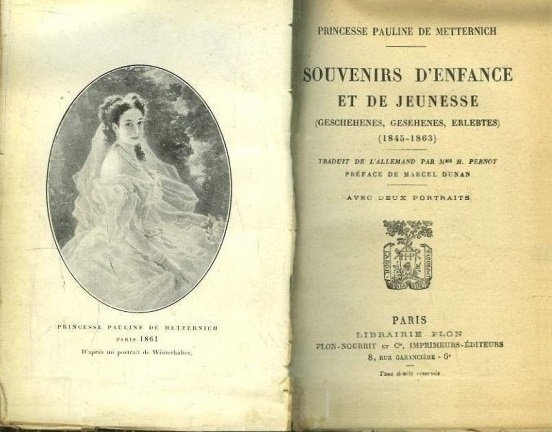
In the memoirs of "Geschehenes, Gesehenes Erlebtes" (I have seen the events that have taken place), Princess Pauline Metternich-Sandor devotes herself to her childhood and the personality of Chancellor Metternich. The Rothschilds never forgot what they owed to Prince Metternich. When the Austrian chancellor was expelled after the revolution in 1848, they provided him with a large loan. His granddaughter Pauline recalls Christmas evenings at home, when "the most beautiful toys came from old Salomon Rothschild".
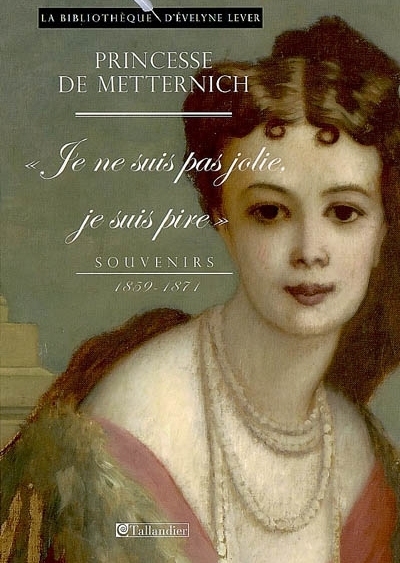
Princess Pauline Metternich-Sandor wrote a book of memoirs 1859-1871 "Je ne suis pas jolie, je suis pire" (I\'m not beautiful, I\'m worse), her last edition supplemented by notes by Georges Poisson. Other works also deserve attention. The second book of memoirs of Princess Pauline Metternich-Sandor "Éclairs du passé" 1859-1871 (Flashes of the Past) deals thematically with the French imperial court at the time of her work in Paris.
.290718_222918_23.jpg)
Louis Napoleon Bonaparte
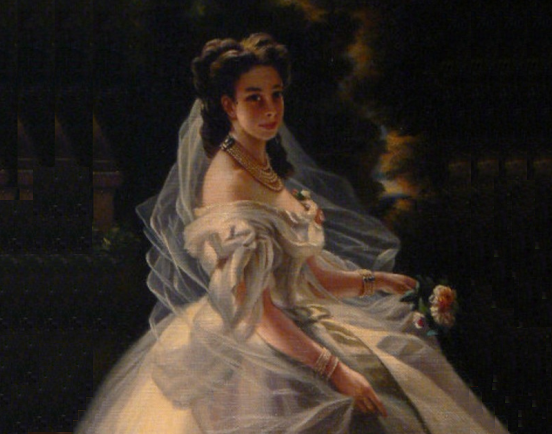
The princess was the leading cultural patron and philanthropist of the time. Friend, e.g. with composers Richard Wagner (he dedicated one of his piano compositions to it) and Ferencz Liszt and financially supported them (F. Liszt was also supported by the Hungarian family Csúzy, others financially supported by this family were the famous Czech historian František Palacký and composer Franz Schubert). In 1861, Pauline premiered Wágner\'s opera Tannhäuser in Paris. The production was not successful and Tannhäuser\'s Paris failure entered the history of opera as one of the greatest musical failures of the 19th century. But she continued to support Richard Wagner. She also financially supported and benefited the composer Bedřich Smetana.
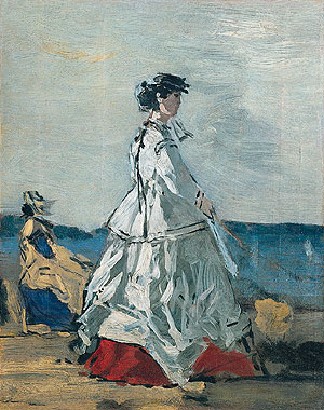
Princess Princess Pauline Metternich - Sandor de Szlavnicza. Author Eugene Boudin year 1865. Thanks to frequent trips between Paris and Vienna with subsequent stays, Princess Metternich - Sandor acted as an important cultural and political mediator between the two societies (whether it was music, sports or political views of interest). In 1870, she survived the beginning of the French Civil War in Paris. She accompanied Empress Eugenia on her journey into exile in Great Britain. Her most famous portrait was created by the French Impressionist painter Edgar Degas. The work is now located in the National Gallery in London.
She listed the Rothschild family as well as Sina among the high aristocracy in Vienna. With the support of this financially strong class, the princess organized huge events for dependent classes. She was a member of almost all charitable organizations, including the still young Red Cross (the Red Cross in Hungary was founded by her relative (1) Imre Ivánka on May 16, 1881 in Budapest), chaired and organized their work without rest. In this way, she gained large sums of money.
Princess Pauline Metternich-Sandor unsuccessfully tried to present Smetana\'s opera ♫ "The Bartered Bride" in Paris in the year 1890.
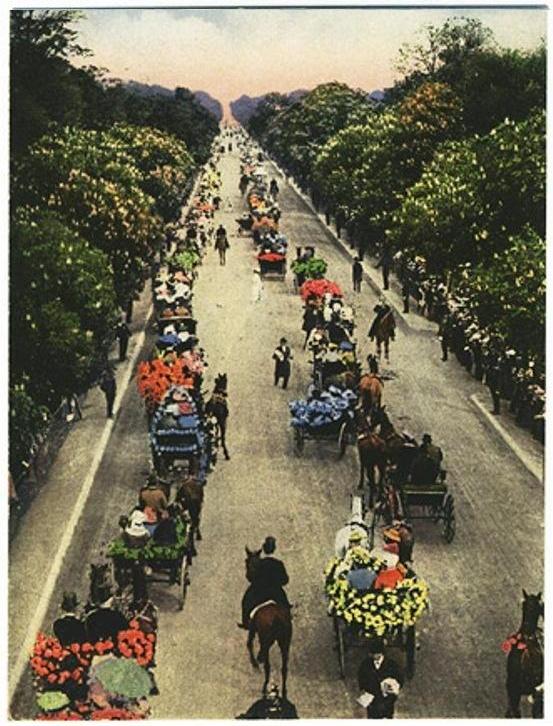
Blumencorso the Prater - in main avenue in 1900 (1). Pauline Princess Metternich née Countess Sandor *25th February 1836 †Vienna 18th September 1921, she founded the too literary salon in Vienna. She was a niece of the wife of the Austrian ambassador Richard Prince Klemens Metternich, played an important role in the socio life in Dresden, Paris, and from 1870 in Vienna, where she founded the fashionable salon. Already in the year 1886 organized an exhibition of flowers and iniciated Blumencorso the Prater-Hauptallee. Dom -, the Court - and the state chancellor Klemens Wenzel Lothar von Metternich, known for its organization of the Holy Alliance, its Metternich system and demagogy, which for a long period the Austrian monarchy provide data undeserved prosperity, was her grandfather and uncle.
Princess Pauline founded and participated in the Haig high society on a voluntary service in nursing the sick and wounded soldiers and to charities for the benefit of wounded and orphans during 1st world war.
Personendaten
NAME Metternich-Sándor, Pauline Princess
ALTERNATIVNAMEN
KURZBESCHREIBUNG begründete einen literarischen Salon in WienGEBURTSDATUM 25. Februar 1836
GEBURTSORT Wien
STERBEDATUM 18. September1921
Princess Pauline Metternich-Sandor returned her soul to the Lord on September 18, 1921 in Vienna. She witnessed the glory and fall of the French and Austrian empires. In the first years after the First World War, it became a living symbol of two lost worlds and the tragic end of its social class, including the demise of the social status of the famous Hungarian family Sandor de Szlavnicza.
Daughters of prince Richard Metternich and princess Pauline Metternich Sandor was : Sophie Marie Antoinette Leontine Melanie Julie (*1857 †1941), Antoinette Pascalina (*1862 †1890), Clementine Marie Melanie Sophie Leontine Crescentia (*1870 †1963). In 1944 the family received Metternich-Sandor family relationship to the Rothschild family (but too with family Oppenheim) through family Ondrejkovics-Sandor marriage and the family member with her granddaughter of Charlotte Büchler and daughter of Julia Stiglitz.
Her books went out after her dead at the beginning of the 20th years of 20.century. Decades after her death, she was respected orally among the purposefully expelled by the last members of her family on the periphery of society. The author\'s old mother Mária Ondrejkovič, born Turba, told her famous child as a child. It was extremely dangerous for the family, not only from the representatives of the then regime. To illustrate the current social situation in Slovakia, the author states a typical fact. When he was interested in his family documents, the relevant civil servant contacted him at his Slovak National Archives office, Drotárska cesta 42, 840 05 Bratislava, literally: "How come you live at all ?! Whatever you want, all the family documents you have !! Similarly, the relevant registry offices censored a substantial part of the family data in officially certified copies of the documents requested by the author. They acted illegally despite complaints.
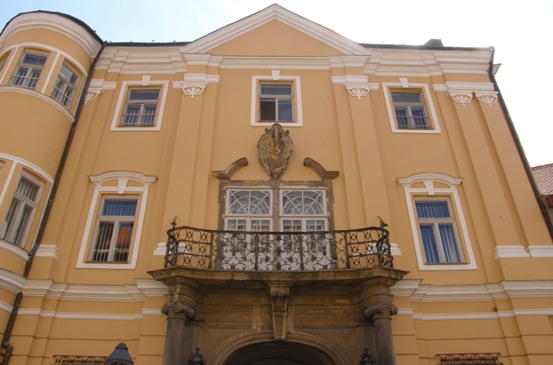
Coat of arms of vicecomes Sandor de Szlavnicza its headquarters in Trencin. In the nearby spa Trenčianske Teplice is the most important member of the genus Princess Pauline Metternich - Sandor often been treated. In 1948 there was Trencin complicity of government to spoofing Family Elizabeth wife of Captain Aladár II. Ondrejkovič-Sandor de Szlavnicza, a direct descendant of the genus Sandor de Szlavnicza. Were damaged by the law and their four children. After 1953, though this scandalous proceedings it became clear the matter has been referred to the legal situation, but the Ministry of Defence, Ministry of Justice and Ministry of Interior haunt the family until 1989 in order to conserve and protect the lawless state actors fraud.
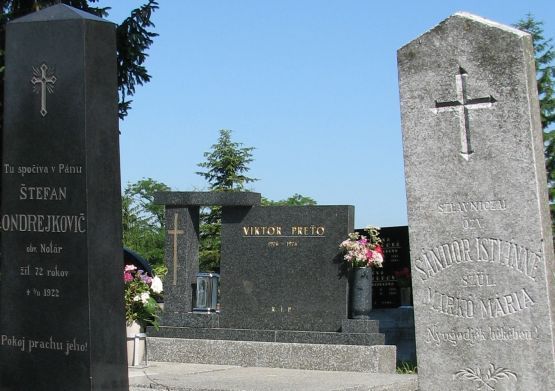
Gravestones of District notary Stefan I. Ondrejkovič and his mother in law Lady Maria Sandor de Szlavnicza genus Marko Marko.
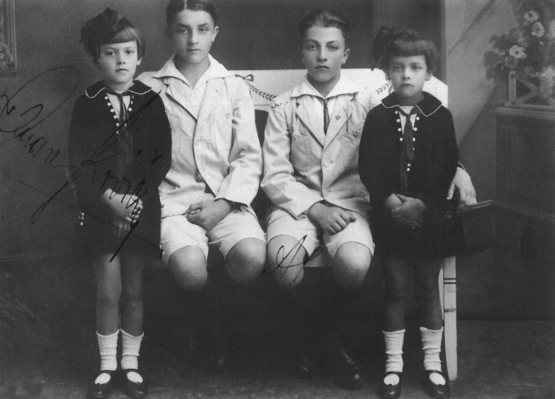
Grandsons and gradughters of Mylady Anna Sandor de Szlavnicza and her husband District notary in Dolné Držkovce and Šimonovany Stephen I. Ondrejkovič. From the left in the photo next Lieutenant Colonel Aladár II. Ondrejkovič, Editka married Vrbacká, next clerk firm Thonet Mundus and director of the furniture factories in Bratislava Tibor Ondrejkovič and Magda married Suchánková
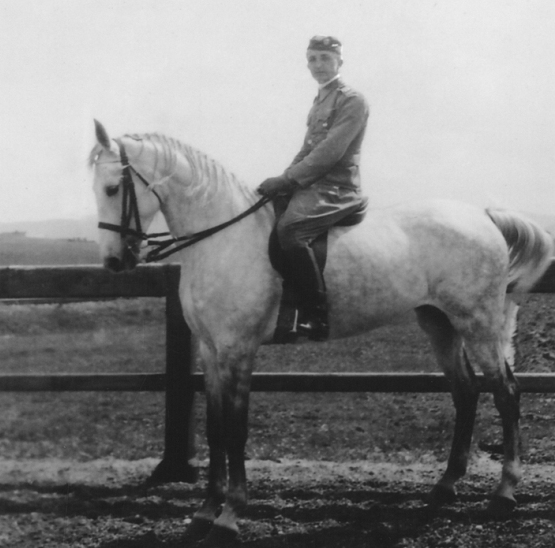
Pardubice in the year 1936. 8th Dragoon Regiment "St. Wenceslaus" in Pardubice, cavalry sergeant aspirant, later Lt. Colonel tank Aladár II. Ondrejkovič Freiherr Sandor de Szlavnicza.
Soloist tenor of the Opera of State Theatre in Košice Karol Ondrejkovič created in its own opera stages in seasons 1946 and 1952, among others Vašek character in the opera "The Bartered Bride" of Bedrich Smetana and Gamekeeper in 1948 in "Rusalka" of Antonín Dvořák. Princess Pauline Metternich - Sandor financially supported and favored the composer Bedrich Smetana, late 19th century without success sought putting his opera ♫ The Bartered Bride in Paris.

Soloist, tenor Operetta of the SĽD Theatre in Nitra in the years 1939-45 and soloist tenor of the Opera of the State Theatre in Košice in the years 1945-1960 Karol Ondrejkovič. Even soloist, tenor of the Z. Nejedly Theatre in Opava in the years 1946 - 1951 Belo Turba The local opera created in the years 1946 to 1951 a series of characters, among which was Jeník "The Bartered Bride" of Bedřich Smetana and prince "Rusalka" of Antonín Dvořák.
Notes: Blumencorso the Prater - the Main avenue in the 1900 (1). The Princess Pauline Metternich nee Countess Sandor in 1886 organized the first exhibition of flowers and iniciated Blumencorso the Prater-Hauptallee; (1) Pauline Metternich Sandor was related to the family, inter alia, through Ivanka Esther, the mother of the Trencin Comitatus Jurassor Stephanus Sandor de Szlavnicza, the father of Anna Sandor de Szlavnicza ; Soloist the State Opera in Košice Karol Ondrejkovič created a series of opera characters: Vasek (The Bartered Bride, 1946, 1952), Gamekeeper (Rusalka 1948), Monostatos (The Magic Flute in 1949) ... ; Soloist of Z. Nejedly Theatre in the Opava (1946 - 1951) Belo Turba, the local opera has created a series of characters: Jeník (The Bartered Bride), Prince (Rusalka) ...;
Sources: Literature Neue Deutsche Biographie Deutsche Bd.17, S. 223 Family data * 236, 243 f. ; Mária Turba; District Archives Nitra, Ivanka next Nitra ; Archives of the DÚ ; Peter Múčka ; Encyclopedia Dramatic Arts Slovakia M - Ž of the year 1990 ;
♫ Richard Wagner - Tannhauser "Pilgrim\'s Chorus" - Bayreuth ; Demon knight 1943 tejles ; Virtual tour Castle Kynžvart - Spa Kynžvart - Carlsbad Region ; Mill Pond - Castle Kynžvart ; ♫ Lucia Popp "If I were such a thing" The Bartered Bride ; .



 back
back 
